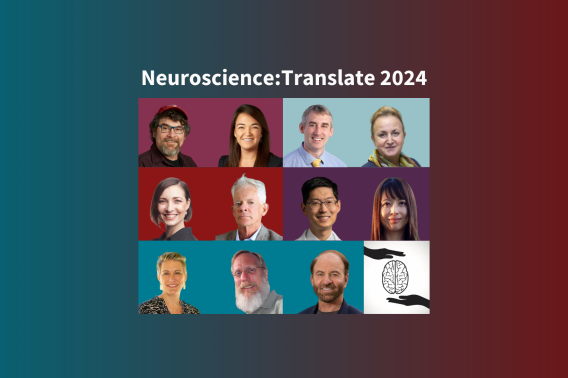Project Summary
Glioblastoma (GBM) is the most common and aggressive primary brain tumor, with a poor survival rate affecting about 16,000 individuals a year. Although immunotherapies have shown therapeutic promise in rodent models, translating these to humans is still challenging. Improved or alternative treatment options are urgently needed. Mitochondria are vital organelles with distinct morphological features and functional properties. These mitochondrial properties are not only essential to healthy cellular homeostasis, but also involved in building a tumor-favored microenvironment (TME) for tumor growth and evasion. Cancerous cells and adjacent immune and fibroblast cells display unique metabolic alterations compared to healthy tissues and have extensive communications including the direct transfer of metabolically efficient mitochondria from non-cancer to cancer cells, which may allow tumor proliferation. In our pilot study, we found a remarkable rescue of tumor volume and survival in a mouse model of GBM by a small molecule (Miro1 Reducer) that targets the mitochondrial protein Miro1. Miro1 Reducer was originally discovered by us for treating Parkinson’s disease. We hypothesize that reducing Miro1 prevents GBM growth by remodeling the TME, inhibiting immune suppressor cells, and enhancing T cell immunity. We propose to explore the mechanisms underlying the anti-tumor effects of Miro1 Reducer and conduct investigated new drug (IND)-enabling studies on Miro1 Reducer.
Project Details
Program:
Funding Type:
Neuroscience:Translate Award
Award Year:
2024
Lead Researcher(s):
